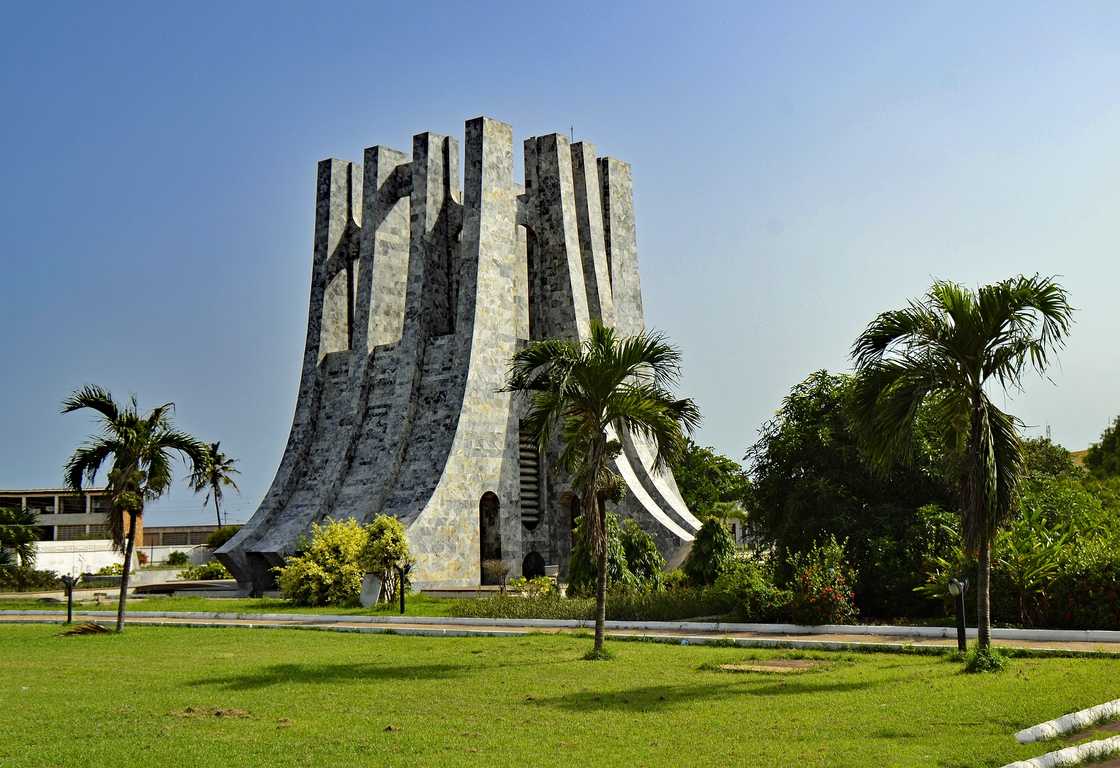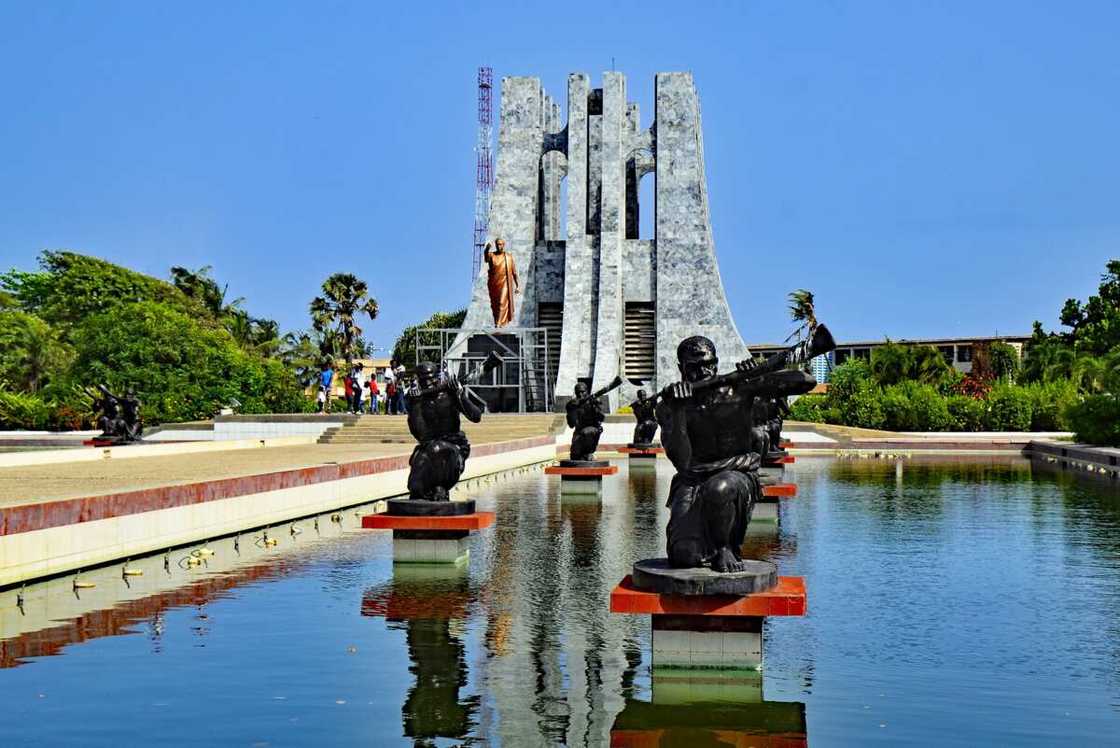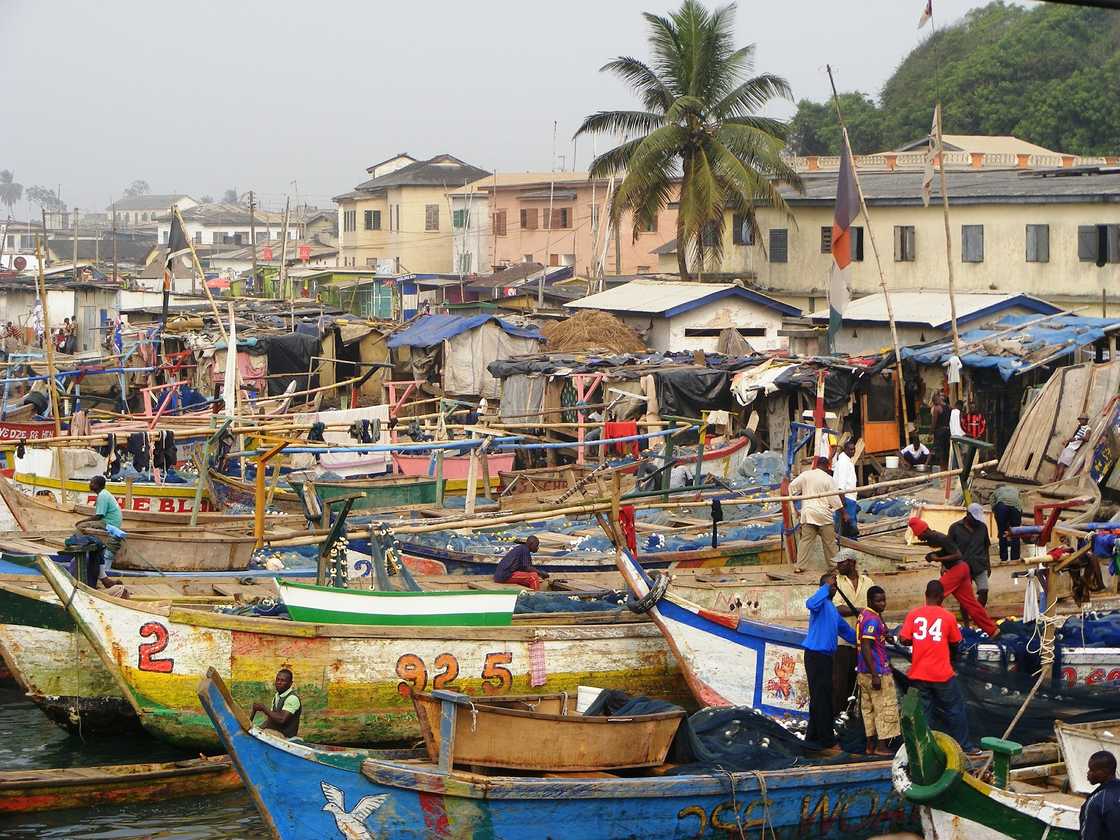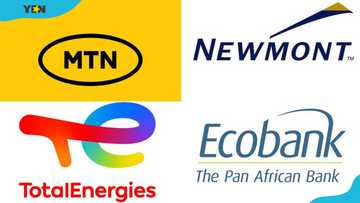Is Ghana a third world country?
Recently, skepticism is increasing regarding the value of cross-country comparisons and differences in economic growth rates. Arguably, countries differ across different variables though macro comparisons are of interest to financial experts. Even so, what can we learn about Ghana from these comparisons?

Source: UGC
Which are the third world countries?
In the past, the phrase “third world country” referred to developing nations. Despite its usage today, the phrase was prominently used during the Cold War, to identify non-aligned countries. These were countries that did not support NATO and capitalism or the Soviet Union and Communism. On the other hand, First World referred to states that aligned with NATO and Capitalism with Second World referring nations supporting Communism and the Soviet Union.
However, after the fall of Communism, the Third World became open to interpretation, which made the term less precise when describing nations in Africa and Asia. Presently, this term refers to countries characterized by high poverty levels, agrarian economies, and low living standards. As a result, a majority economically developing nations such as fall under this category.
About Ghana
Ghana was the first country in Africa to gain independence from Britain. Also, it was the first African nation which Europeans traded with. In colonial times, the country was known as the Gold Coast. As of 2018, the country has a population of 28.3 million people and shares borders with the Atlantic Ocean, Burkina Faso, Ivory Coast, and Togo.

Source: UGC
Ghana has a multiparty democratic government and an independent judiciary. Today, Ghana is third In Africa for freedom press and speech, an aspect that equips the country with substantial social capital. However, is Ghana a developed or developing country?
READ ALSO: Pollution in Ghana: How the government is going to fight it?
The World Bank ranks Ghana at position 109 with an economic score of 57.5%. The overall health of its economy has grown with 1.5 points driven by gains in the labor market and monetary freedom. In Africa, Ghana’s economy ranks at number 13, though its overall score is above the regional average though the below the global average.
Currently, Ghana is one of the fastest growing economies in Africa. Most of its income form cocoa, oil, and gold production, which it trails Ivory Coast and South Africa respectively. Interestingly, the country has attained and consolidated a lot of economic developments. It is the only country in Africa to achieve the United Nations Millennium Development Goal #1, by halving extreme poverty. What percentage of Ghana is in poverty?
Current projections indicate that Ghana’s poverty level is 12.5%. However, experts predict that Ghana will lower its poverty level to 4.5% by 2030, though its population will increase to 36.1 million in this period. 2017 data shows that Ghana had 2.4 million people (8.35%) living under less than $1.70.
Is Ghana a rich or poor country?

Source: UGC
Ghana becomes a middle-income country following the discovery of major offshore oil fields in 2007. Subsequently, oil production marked Ghana’s entry into the club of middle-income countries accompanied by a reduction of extreme poverty from 56.5 per cent to 24.2% between 1992 by 2013. Below is an aspect that signifies Ghana’s transformation from a Third World country into a middle-income nation:
- Successful and free democratic elections in 2000, 2004, 2008, and 2012
- Strengthening of national institutions
- An increase in investors’ confidence
- Impressive developments of its youth and gender issues and policy
- Passage of legislation protecting the rights of women, the disabled and support for victims of violence
- Enforcement and recognition of property rights
Primarily these outcomes occurred after the country transited to democratic governance and the rule of law. Also, increased awareness among its population helps drive innovation and entrepreneurship.
Is Ghana a poor country in Africa?
Typically, extreme poverty and underdeveloped economies characterize Third World countries. Although the country is increasingly becoming industrialized, it still experiences fiscal challenges. Despite significant years the impact of current account deficit, loose financial policies, a depreciating currency, and high budgets had eroded much of its past economic gains. Besides that, corruption, overblown bureaucracy, political nepotism, and heavy-handed regulation affect Ghana’s competitiveness and an investment destination.

Source: UGC
Given the lack of a standard criteria labelling nations as a developing country, the terms third world country and developing nation are used interchangeably to refer to countries such as Ghana. However, estimates indicate that Ghana is no longer a poor country in Africa. But why is that so?
According to the World Bank and IMF estimates, Ghana is the world fastest growing economy in 2019 with a growth rate of 8.8%. Based on the value of 2011 dollars, Ghana has a GDP of $124 billion in 2019. As a result of this figure, Ghana is no longer a Third World country. Expectations are that the continued rebasing of its economy will raise the status of the country above the present low, middle-income economic status. Presently the country is witnessing gradual expansion of its middle class, burgeoning telecoms and construction sectors supported by significant investments in gold and oil production.
READ ALSO: Ghana is the fourth most peaceful country in Africa: Global Peace Index 2019
Source: YEN.com.gh





